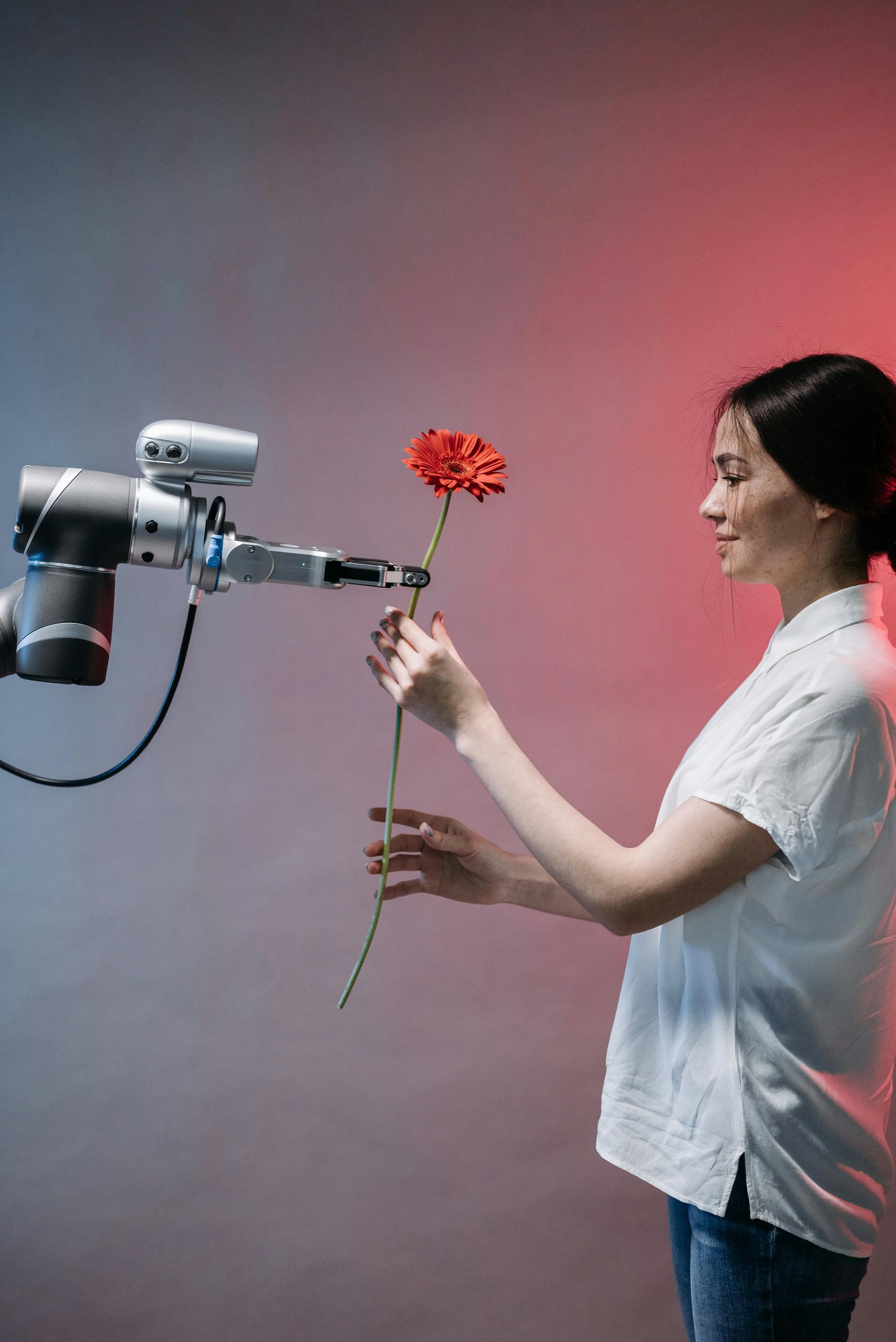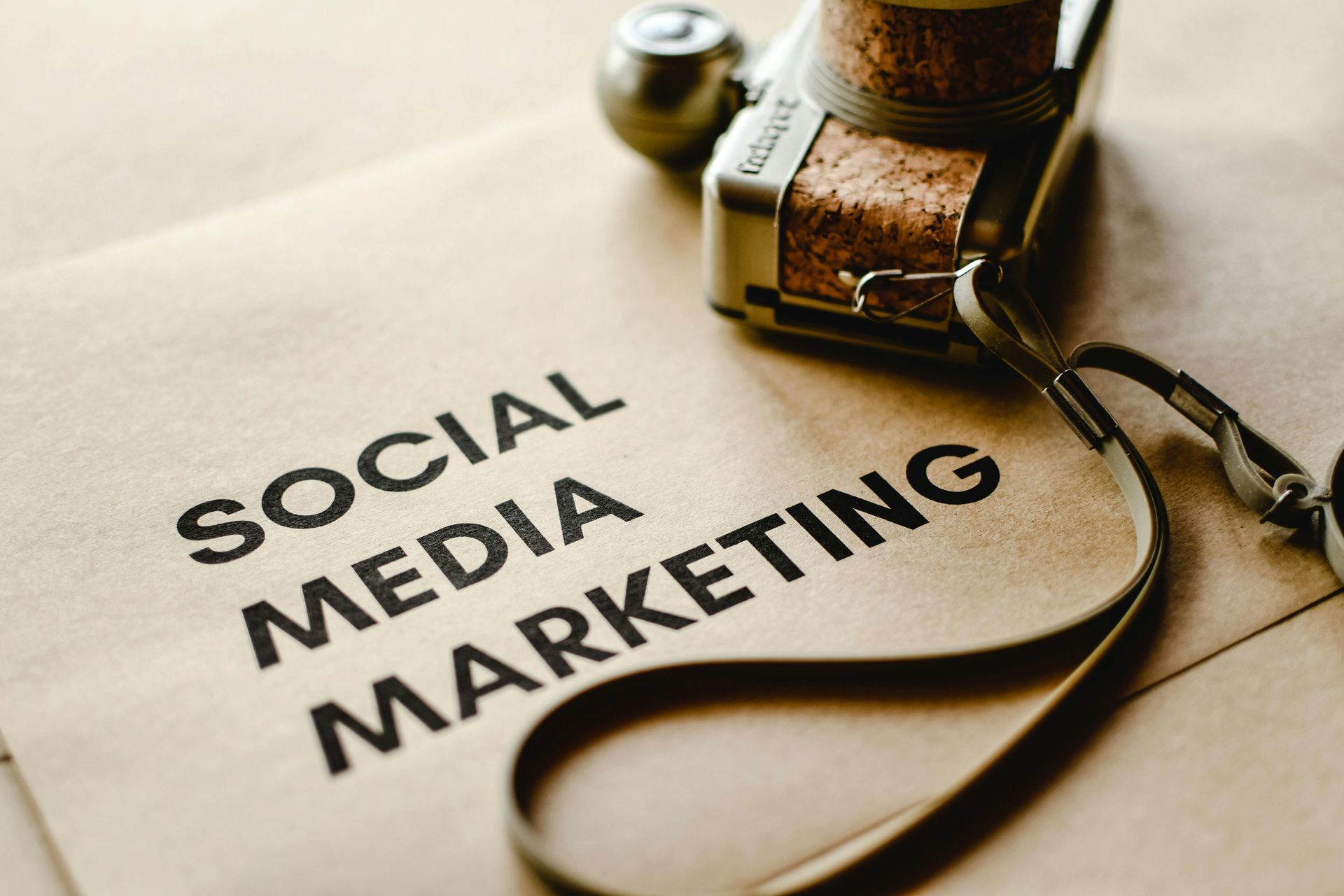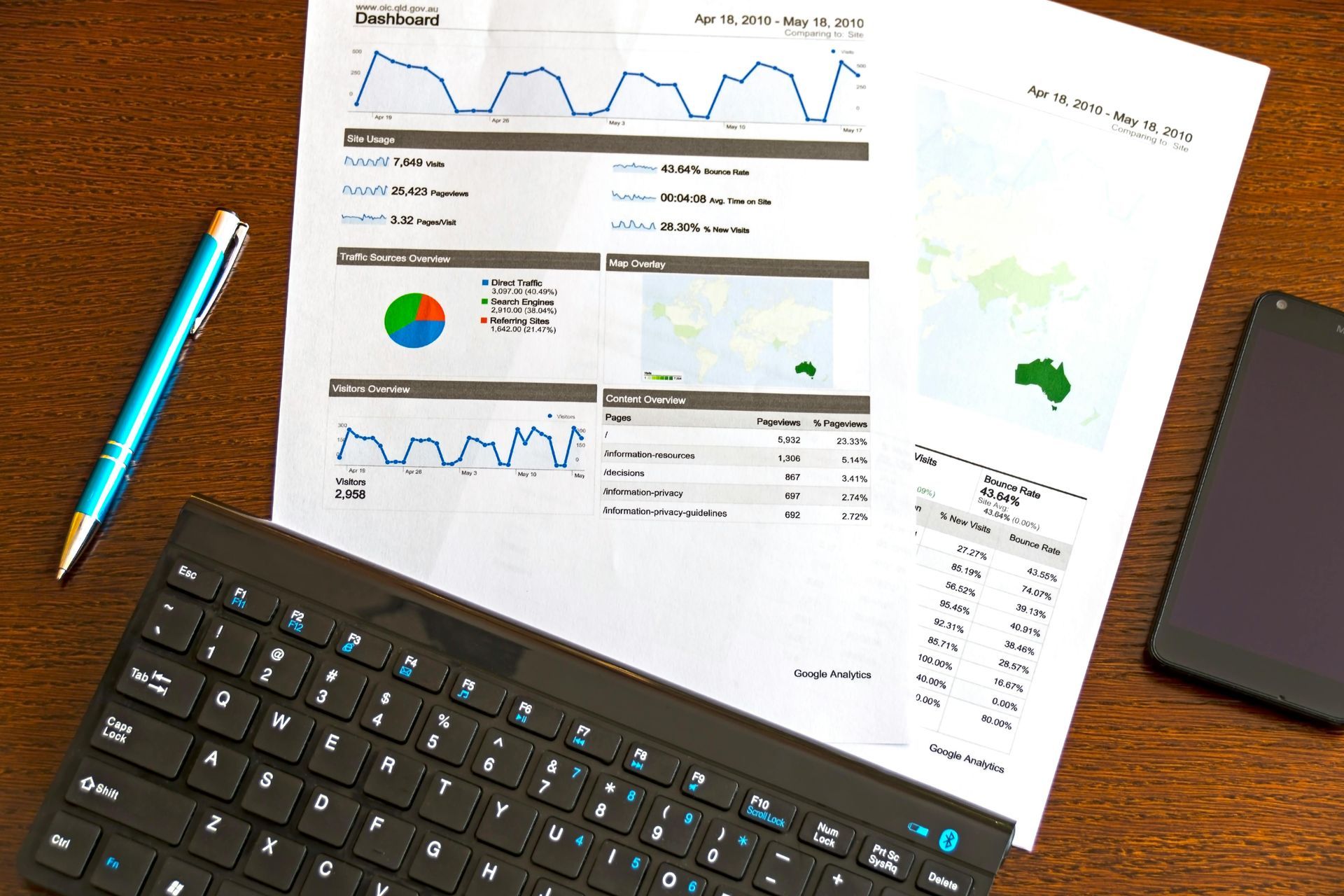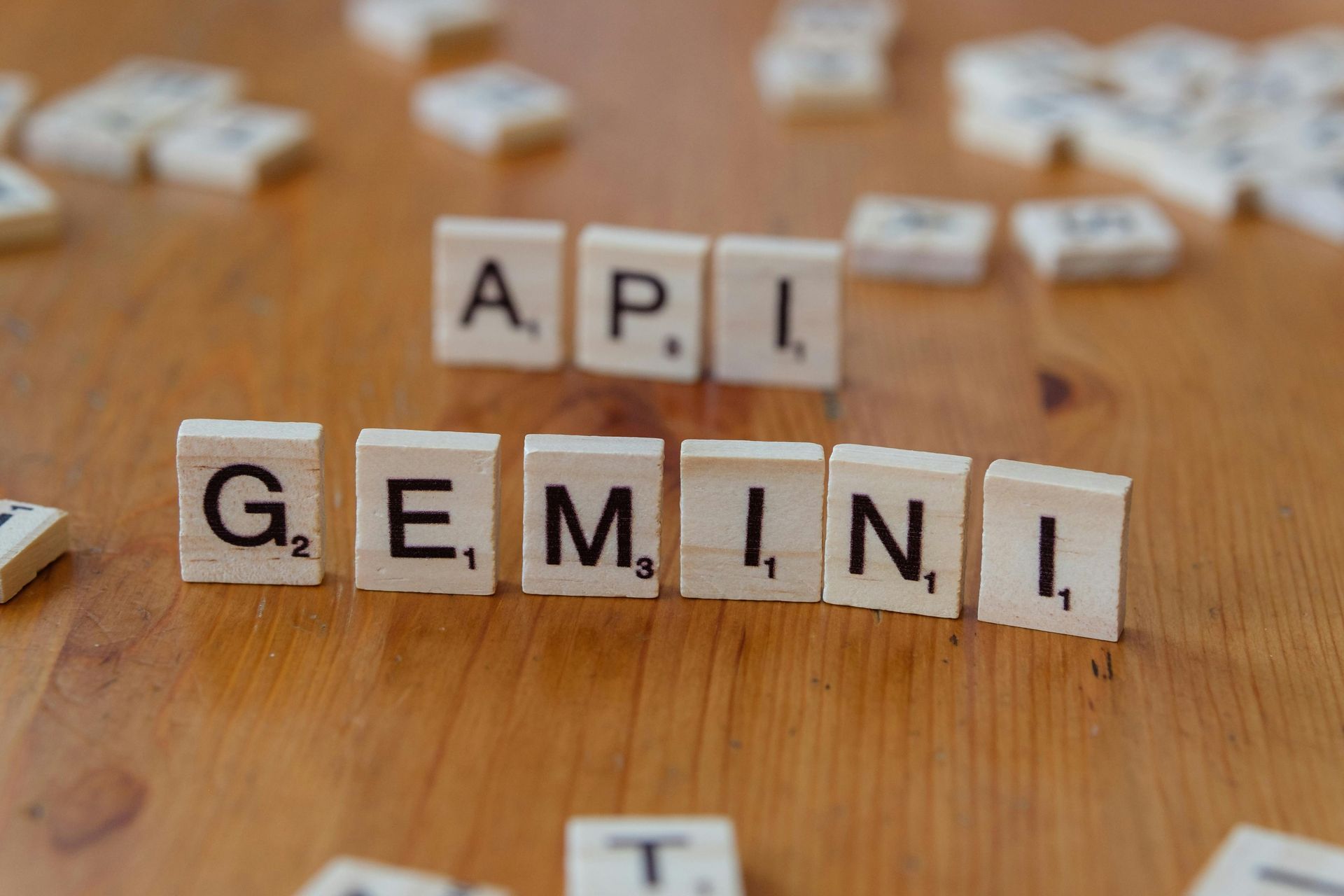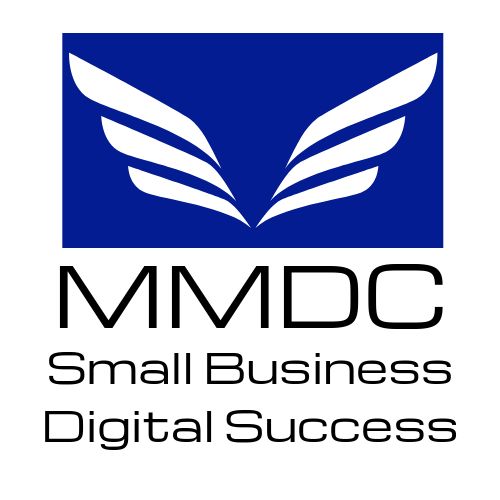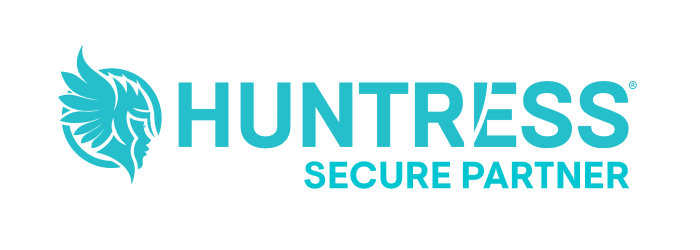Digital Marketing Trends for 2025
Social Media Evolution, AI, Employee-Generated Content, the Future of Search & More

The digital marketing landscape is in a constant state of transformation. As 2025 unfolds, businesses are adapting to shifting consumer behavior, emerging technologies, and evolving search and social media trends. From AI to the rowing influence of employee and customer-generated content, these trends will shape how brands engage with their audiences.
Let’s dive into the top digital marketing trends defining 2025 and beyond.
- The Rise of Employee-Generated Content (EGC)
Authenticity drives engagement, thus employee-generated content (EGC) is becoming a powerful marketing tool. Customers trust authentic voices more than branded messaging, and featuring employees as brand advocates boosts credibility.
How to Leverage This Trend:
- Encourage employees to share their work experiences, company culture, and expertise on social media.
- Showcase behind-the-scenes content that highlights your brand’s values and mission.
- Feature employees in testimonial videos, blog contributions, and product demonstrations.
Brands that empower employees to participate in their marketing strategies will experience higher engagement, trust, and brand loyalty.
2. The Evolution of Social Media: From Traditional to AI-Powered Engagement
Social media is undergoing a significant shift in 2025. AI-powered content creation and automated engagement are becoming more prevalent, helping brands stay relevant and maintain consistent interactions with audiences.
Key Social Media Trends for 2025:
- AI-generated personalized content for different audience segments.
- Increased use of short-form video across TikTok, Instagram Reels, and YouTube Shorts.
- The rise of social search means that users rely on platforms like TikTok and Instagram rather than Google for product discovery.
- The growth of private and community-based social media groups, where engagement feels more intimate and authentic.
To stay ahead, brands must embrace AI tools for content optimization while maintaining a human touch to foster genuine connections.
3. Search Marketing is More Conversational and AI-Driven
SEO is changing dramatically as AI-powered search engines, such as Google’s Search Generative Experience (SGE), alter how users find information. Traditional keyword-based search is being replaced with conversational, intent-based search experiences.
What This Means for Marketers:
- Long-tail, natural language queries will dominate search engine optimization (SEO).
- Voice search optimization will become critical as more users interact with AI assistants.
- Featured snippets and AI-generated summaries will impact organic traffic, requiring brands to optimize for zero-click searches.
Businesses must focus on providing valuable, in-depth content that answers customer questions in a conversational format to thrive in 2025.
4. Customer Collaboration & Co-Creation
Consumers are no longer passive buyers - they want to be part of the brand experience. Businesses are tapping into customer collaboration by involving their audience in product development, marketing campaigns, and storytelling.
Ways to Collaborate with Customers:
- Feature user-generated content (UGC) in social media and advertising.
- Encourage customer reviews, testimonials, and video content.
- Launch co-branded campaigns where customers contribute to branding decisions.
Brands that foster two-way customer conversations will build stronger relationships and long-term brand loyalty.
5. AI-Powered Marketing: Smarter, Not Harder
AI is transforming marketing strategies, making it easier for businesses to personalize customer experiences at scale. In 2025, AI will power automated content creation, hyper-personalized email marketing, and predictive analytics to improve decision-making.
How AI is Shaping Marketing:
- AI-driven chatbots and virtual assistants enhance customer service.
- Automated content creation tools streamline blog writing, social media captions, and ad copy.
- Predictive analytics help businesses understand consumer behavior and anticipate needs.
The key is to balance AI automation and authentic, human-centered storytelling.
6. Privacy-First Marketing & First-Party Data
As privacy regulations tighten and third-party cookies phase out, businesses must shift toward first-party data collection. Brands will rely more on email marketing, loyalty programs, and direct customer interactions to gather insights.
How to Adapt:
- Encourage users to opt-in to newsletters and exclusive offers.
- Invest in CRM systems that manage and leverage customer data ethically.
- Provide value-driven content that incentivizes customers to share their information willingly.
Transparency and trust will be critical in maintaining strong customer relationships.
7. Interactive & Immersive Marketing Experiences
Customers crave engaging, interactive experiences, and in 2025, there will be an increased focus on AR (augmented reality), VR (virtual reality), and interactive content.
Emerging Trends in Interactive Marketing:
- Virtual try-on experiences for eCommerce brands.
- Gamification in marketing campaigns (e.g., quizzes, challenges, interactive polls).
- AI-driven personalization in video and email marketing.
Brands that create immersive, engaging experiences will stand out in an increasingly competitive digital space.
Preparing for the Future of Digital Marketing
Digital marketing is evolving faster than ever, and businesses that adapt to these emerging trends will gain a competitive edge. In 2025, success will come from authentic storytelling, AI-powered automation, customer collaboration, and a focus on privacy-first marketing.
By embracing employee and customer-generated content, leveraging AI and automation, and optimizing for conversational search, brands can stay ahead of the curve and build long-term connections with their audiences.
